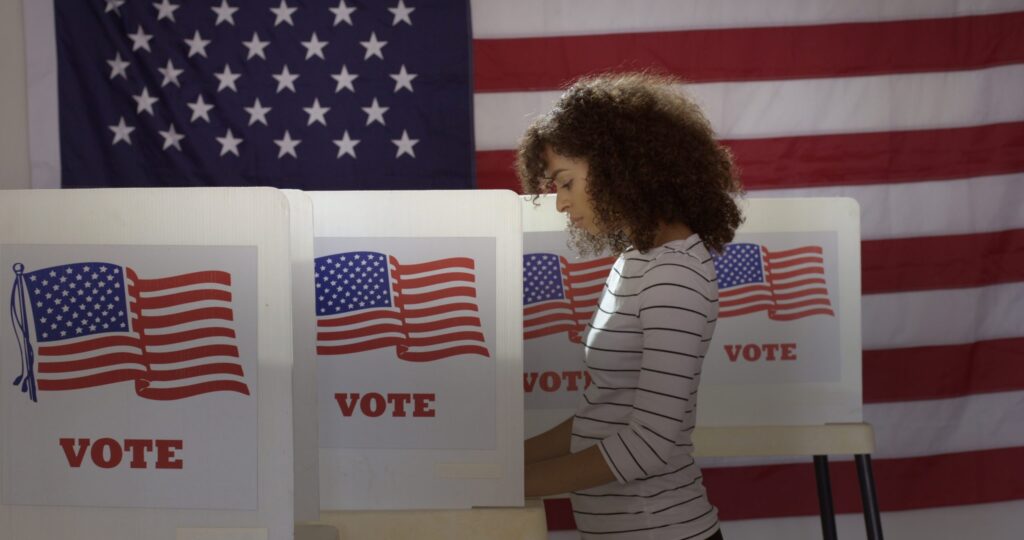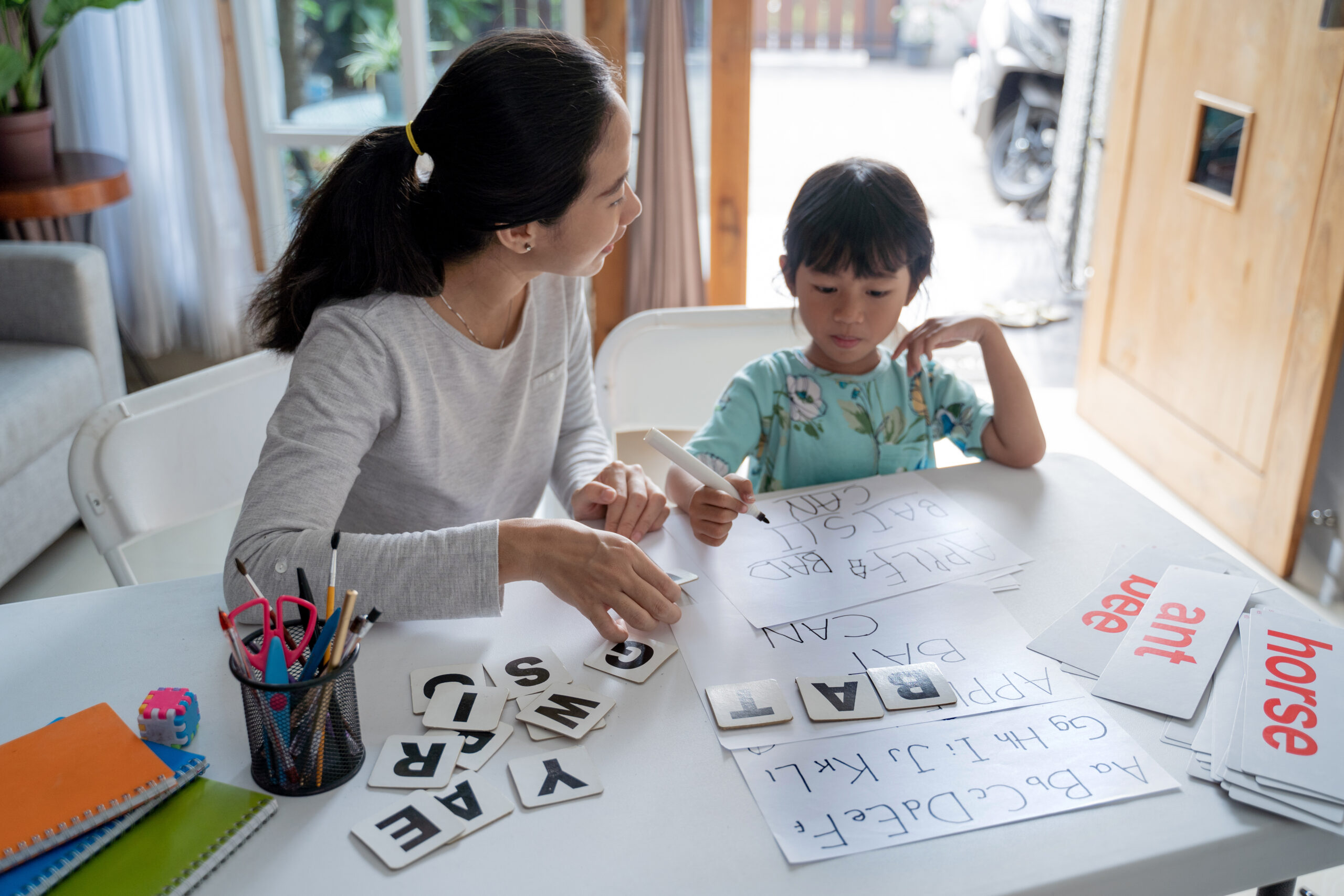By: Marie Huey, Public Policy and Advocacy Coordinator at Think Small
It’s election season! While there aren’t any Presidential or Congressional candidates on the tickets this year, there is still plenty to pay attention to in your community. People on your ballot in November could have an impact on early care and education policies. It’s a great time to get ready to vote!
First, the basics
- Election day is November 2.
- Many school districts and municipalities across the state will hold elections. Check if yours has a regular or special election this year.
- If you do have an election, view your sample ballot
- Find your polling place or plan to vote early by mail
- Register to vote or update your registration
For any other questions related to voting, consult the Minnesota Secretary of State’s website, mnvotes.org
Local elected officials often make the decisions that most directly affect your life. In the pandemic we have especially seen the ways in which cities, counties, and school districts shape how our communities operate.
When it comes to early care and education, these local entities have played a larger role than usual during the pandemic. When federal economic relief packages sent money to cities and counties, they made decisions as to how to spend those. This process is ongoing. That means that the people you elect this year will have a say in how to spend federal funds. Some communities are choosing to use at least some of the funds to support child care.
Here’s a little bit about why school boards and city government matter when it comes to early care and education.
School Board
School boards oversee the district’s budget, superintendent and other staff. They make policy decisions about curriculum, facilities, and equipment. These decisions have certainly been highlighted and heightened during the pandemic.
Districts may have a focus on early childhood education, which could include a relationship with non-district programs in their area. Out of school time care is another area of overlap. With Voluntary Pre-K (VPK) schools can form partnerships with community-based child care settings to deliver programming.
City Council & Mayor
City council structure and authority varies depending on the city. While the mayor represents the entire city, council members sometimes represent specific areas, or wards. (At-large means the member represents your entire area, rather than a smaller subset or district).
Regulations like zoning, street traffic and maintenance (including snow removal), public transportation, garbage and recycling can all have an impact on the well-being of community members, including young children, families, and early educators. Some cities more directly involved in early care and education, e.g. San Antonio, Washington, D.C., Philadelphia. Closer to home, Saint Paul is currently working on a plan for prekindergarten, Saint Paul All Ready for Kindergarten (SPARK).
Get Informed and Be A Voter
Your local newspaper is often the best source of information about candidates. Look for opportunities to attend a candidate forum. You can also go directly to the candidates’ campaign websites to learn about their priorities.
Remember this process can be a dialogue. If you have the opportunity to talk to a candidate, be sure to let them know what your priorities are. Incorporating feedback from constituents is an important part of being an elected official.
Your vote truly matters. Just this year the mayoral election in Brooklyn Park was decided by two votes.
Don’t skip the elections this year! Take a moment to learn about what’s on your ballot and make a plan to vote.








